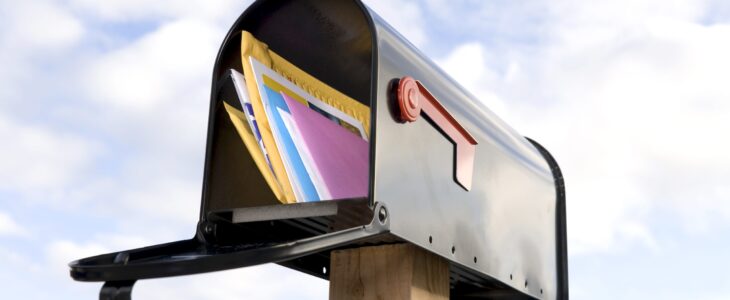What do you do if you write a check, mail the check, and later find out the check was deposited, but never received by its intended recipient? For example, let’s say you put a check in your mailbox, and unbeknownst to you, the check is stolen and then cashed. Who bears the liability in the event of check fraud?
The risk of loss for check fraud is determined by various provisions in Articles 3 and 4 of the Uniform Commercial Code (“UCC”). Florida has also adopted these provisions of the UCC. Article 3 of the UCC or Chapter 673, Florida Statutes, governs negotiable instruments, of which checks are a subset. Article 4 of the UCC or Chapter 674, Florida Statutes, provides a comprehensive set of rules for bank deposits and collections.
In the case of a stolen check, where the intended payee never receives the check because a wrongdoer stole the check, forged the intended payee’s endorsement, and deposited the check into the wrongdoer’s account, a drawer, i.e. the individual who wrote the check from whose account the funds are drawn, should be aware of key provisions, which control the risk of loss for the stolen check.
Payor Bank Liability
The drawer of the check should notify his or her bank, i.e. the Payor Bank, of an unauthorized endorsement on a check within one year. If the drawer of the check notifies the Payor Bank within this timeframe, the Payor Bank is responsible for the loss of funds due to a fraudulent endorsement on a check. Under Fla. Stat. § 674.401(1), a bank may only charge the account of a customer when an item is properly payable. An item containing a forged endorsement is not properly payable. Therefore, the Payor Bank is responsible to repay the funds.
Depository Bank Liability
Additionally, the Depositing Bank, i.e. the bank where the wrongdoer deposited the check, may also hold liability to the Payor Bank under the transfer warranty provision of Fla. Stat. § 674.207. The Depository Bank, when seeking payment from the Payor Bank, makes a warranty that the checks in question are legitimate, that “all signatures on the items are authentic and authorized,” and that the Depository Bank had a right to seek payment on those checks. Therefore, the Depositing Bank also bears the risk of loss because the Payor Bank, to whom these warranties are made, “may recover from the warrantor as damages for breach of warranty an amount equal to the loss suffered as a result of the breach, but not more than the amount of the item plus expenses and loss of interest incurred as a result of the breach.”
Bank Deposit Agreement Provisions
It is also highly recommended that the drawer of the check reviews the terms of his or her Bank Deposit Account Agreement to understand the rules governing his or her account. When notifying the Payor Bank of check fraud, it is important to be aware of the general liability and good faith duty the Payor Bank holds to take reasonable care to stop payment on an item bearing an unauthorized or forged signature and/or endorsement.
Ultimately, it is important to take immediate action when dealing with check fraud. As noted above, under Florida Statute Section 674.406(6), a customer must discover and report the unauthorized signature or any alteration to a check within 180 days and discover and report any unauthorized endorsement on a check within one year.
Boatman Ricci has represented consumers dealing with check fraud and helped them navigate the resolution of their claim with their Bank. If you need assistance, please contact Boatman Ricci at (239) 330-1494.


